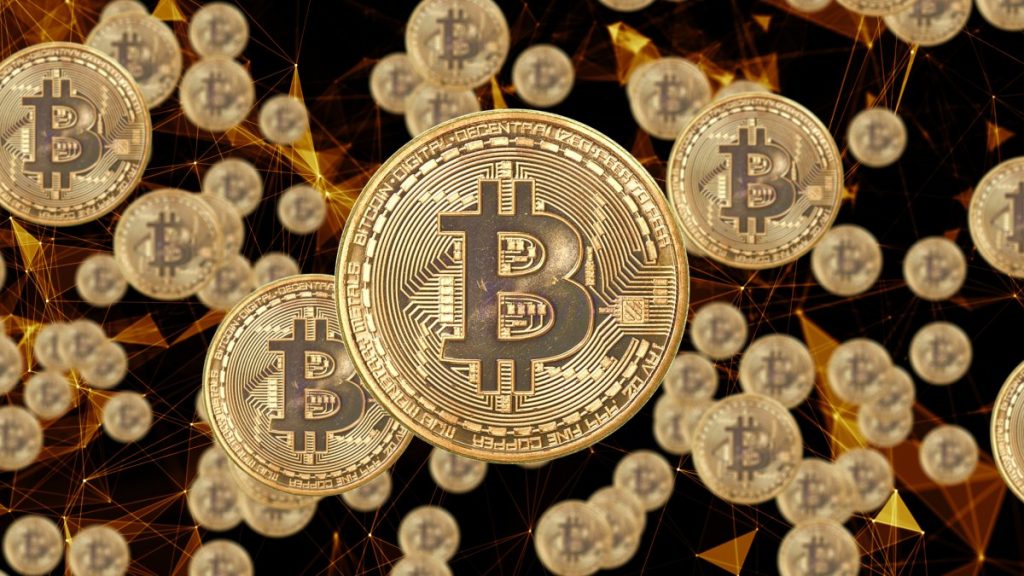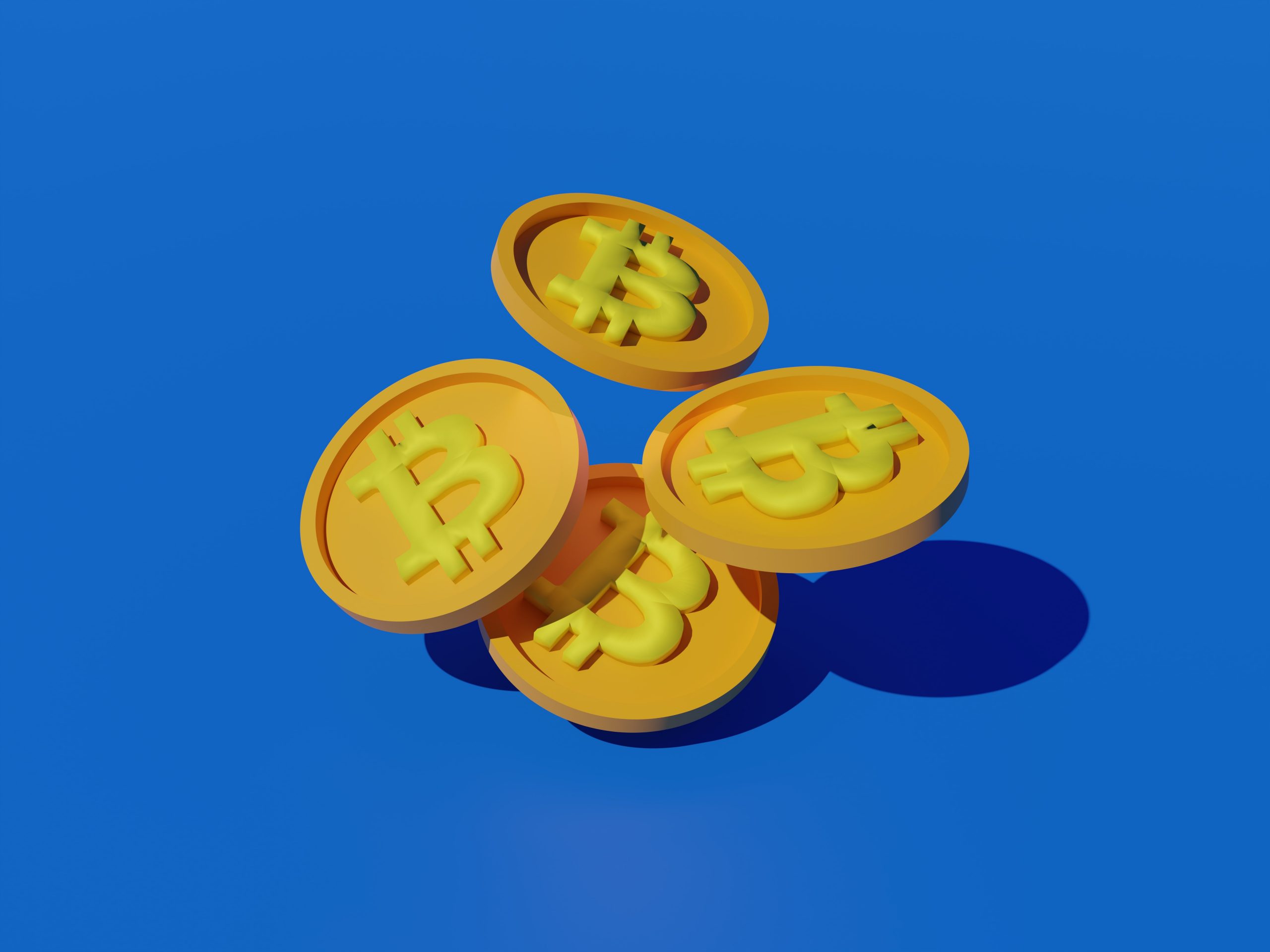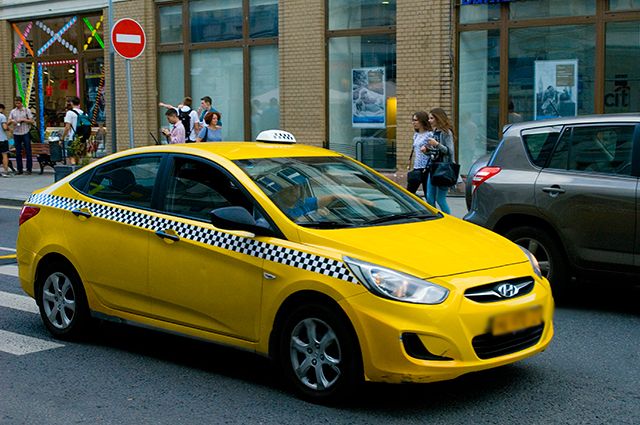If you’re interested in buying Bitcoin, there are a number of ways to go about it. But it’s important to do your research and take precautions when making a purchase.
You can use bank accounts, debit cards or credit cards to buy BTC. However, you’ll need to verify your identity to do so.
How to buy
Buying bitcoin is an easy way to get started in the crypto space. However, it can also present some security risks. Fortunately, there are several steps you can take to secure the transaction and protect your personal information.
Firstly, you should always store your bitcoin in a wallet that you control. This means not in a centralized exchange or payment app like PayPal.
In addition, you should use a complex password and keep your wallet software up to date. This will help prevent hackers from stealing your keys.
You should also avoid posting your wallet address on public spaces, like a website or social network. This could be a violation of privacy laws.
You can also buy bitcoin face-to-face with a seller, as long as you have the cash to pay them in. This is usually faster than using an exchange and will often be cheaper, but it’s important to take the appropriate precautions when dealing with cash.
Legality
Whether you’re buying Bitcoin for personal use or to invest, it’s important to understand the legality of the transaction. It’s a risky investment and can be very volatile, so you should know how to protect your money.
First, be sure to verify that the crypto company you’re using has a Bybit https://www.bybit.com/en-US/. This is a license that requires companies to have Know Your Customer (KYC) and Anti-Money Laundering (AML) policies in place.
Second, you’ll want to secure your transaction with a private key that’s not stored on your wallet. This way, if someone steals your password or hacks into your account, they won’t be able to access your bitcoin.
The technology behind Bitcoin, called distributed ledger technology (DLT), ensures that the ownership of your bitcoin is safely recorded and cannot be tampered with. This is called a “blockchain.” To date, no one has successfully hacked into a blockchain. This is because of the encryption methods used to protect transactions.

Security
Bitcoin is a digital currency that lets users buy and sell goods and services without the involvement of a central authority. The underlying technology is known as the blockchain, and it makes use of cryptography to secure transactions and record ownership.
In the world of online shopping, security is everything. It’s a good idea to avoid using public Wi-Fi and always use a VPN when possible, preferably in tandem with an encrypted web browser such as Tor.
One of the best ways to protect your wallet and coins is to keep a backup of it at all times. Having a backup can mean the difference between losing your coins or putting them in safe custody. You should also make use of a secure password for your wallet and exchange accounts, and never store it on a public Wi-Fi network. The best way to do this is to use two-factor authentication, or a password that consists of a combination of letters, numbers and symbols.
Exchanges
Exchanges are a convenient way to buy and sell cryptocurrencies. They offer a range of features and can allow you to deposit or withdraw funds via bank transfer, credit card or PayPal.
A few key things to look for when choosing an exchange include security, privacy and the type of cryptocurrencies they support. Make sure the exchange is regulated and has insurance policies to protect your funds.
The exchange you choose should also allow you to deposit and withdraw funds in your own currency. This will save you money in transaction fees, especially if you don’t have to use a bank transfer or other expensive method of currency exchange.
Some exchanges also offer other services, such as staking and lending. These may help you generate yield, but make sure you understand the risks involved. Additionally, look for exchanges that are regulated by FinCEN or a similar authority and have strict Anti-Money Laundering (AML) and Know Your Customer (KYC) requirements.



